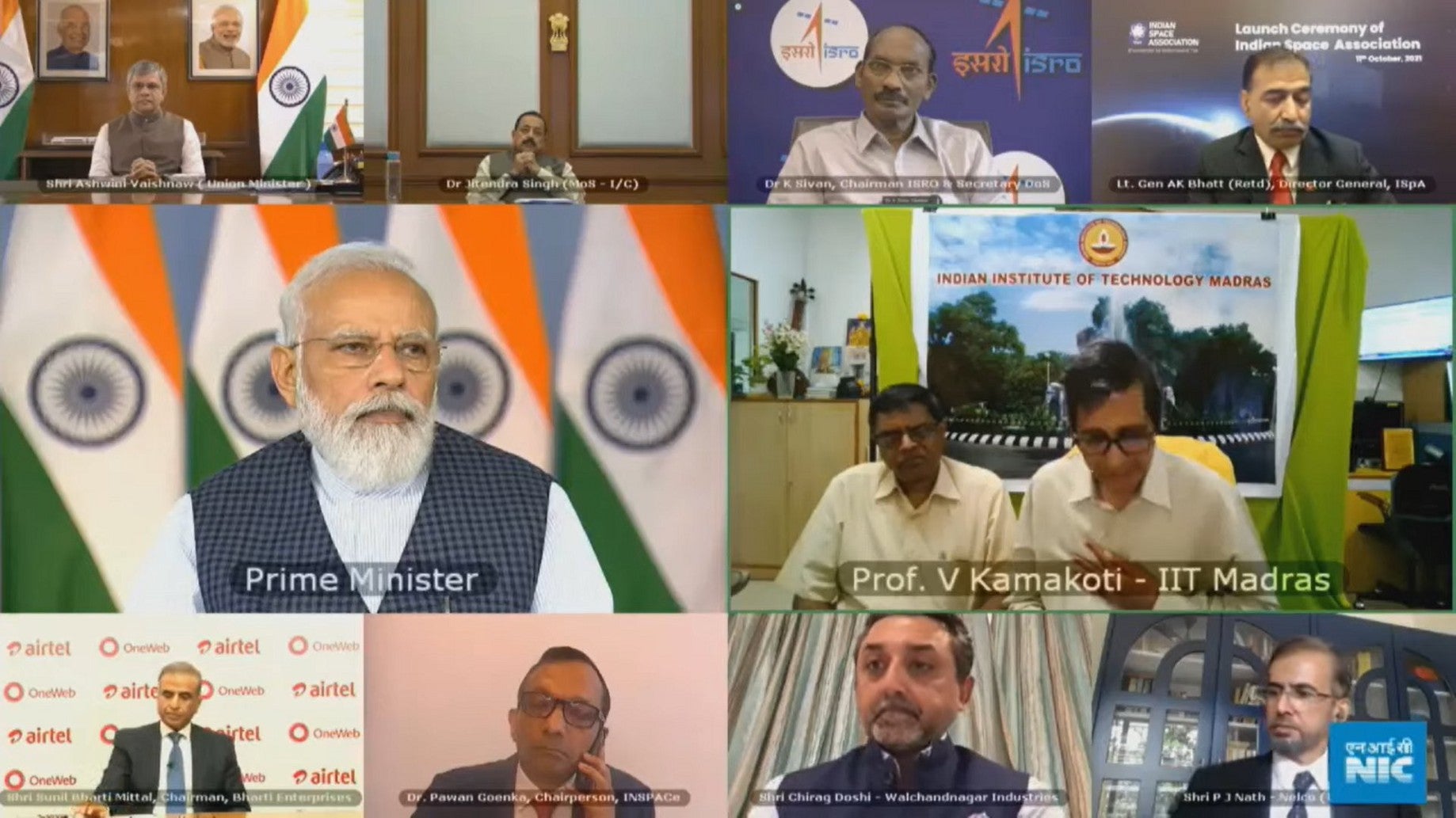
| Title: | India-China Space Race: The Role of Private Sector |
| Author/s: | Ashmita Rana, Yogesh Joshi |
| Abstract: | India has signalled its ambitions of taking its space programme to the next level with the recently launched Indian Space Association (ISpA). Recognising the need for innovative contributions from entrepreneurs in the private sector, ISpA is envisioned to play a crucial role in opening India’s space sector. In the words of Indian Prime Minister Narendra Modi, the Indian space sector has received “new wings”. Meanwhile, China’s private space sector, which is also still in its nascent stages, is witnessing rapid progress. Amid the latest developments in the space race between the two countries, the private sector is likely to play a significant role in determining the future trajectory of this competition. |
| Date: | 27 December 2021 |
| DOI: | 10.48561/mdfj-s8cy |
| Read More |
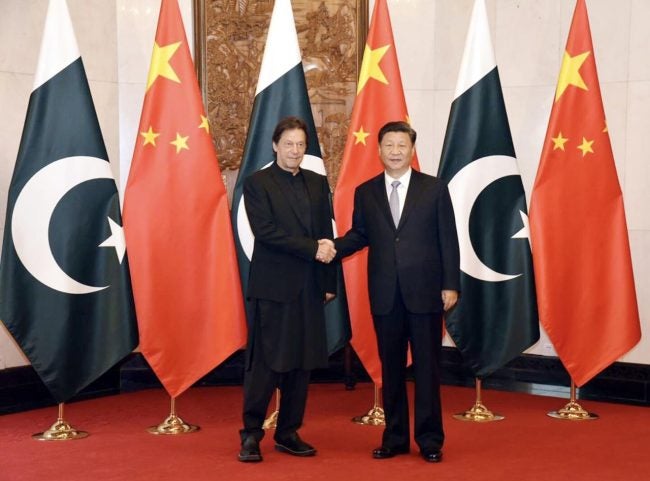
| Title: | Pakistan-China Relations in a Changing Geopolitical Environment |
| Author/s: | Masood Khalid |
| Abstract: | The paper analyses the historical evolution of Pakistan-China relationship and the context of its growing importance in the wake of fast changing regional and global developments. This partnership, often cited as a model in inter-state relationships, has flourished despite numerous headwinds over the last 70 years. An enigma to most, this unique partnership is underpinned by the rationale of mutual trust, common interests and a convergent outlook. |
| Date: | 30 November 2021 |
| DOI: | 10.48561/375h-qav7 |
| Read More |
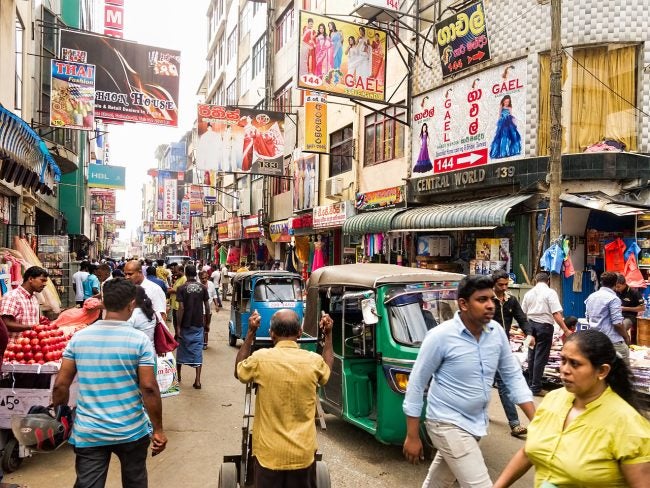
| Title: | Crises in the Sri Lankan Economy: Need for National Planning and Political Stability |
| Author/s: | Vagisha Gunasekara |
| Abstract: | Sri Lanka’s current economic quagmire is due to three overlapping economic crises: a meshing of another long drawn-out global capitalist bust phase (which commenced with the 2007 financial collapse); a domestic economic crisis that has been unfolding since the country’s 1948 ‘Independence’; and the COVID-19 pandemic, which has affected both global and national supply chains. This paper attempts to tease out the domestic economic crisis, touching upon key areas where the current imperilment is most visible. It does acknowledge that, despite the economic downturn, Sri Lanka has been resilient in many ways, particularly in such areas as food production, logistics, construction and infrastructure development, particularly in the face of a global pandemic. The paper argues for the urgent need for national planning and policy stability in Sri Lanka, while offering a few broad points for consideration in this regard. |
| Date: | 23 November 2021 |
| DOI: | 10.48561/5ajf-vq2c |
| Read More |
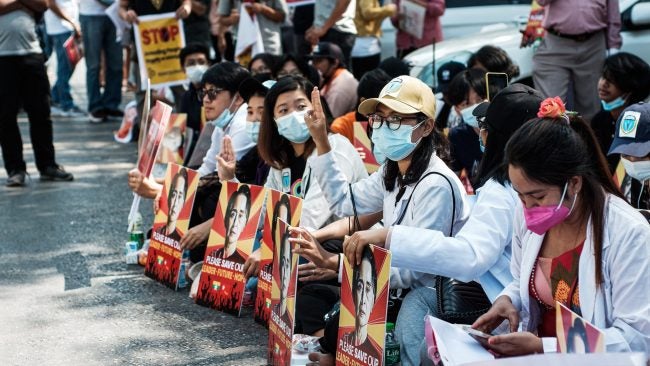
| Title: | The Role of Social Media in Myanmar’s CDM: Strengths, Limitations and Perspectives from India |
| Author/s: | Anuradha Rao, Archana Atmakuri |
| Abstract: | On 1 February 2021, Myanmar’s military seized power in an unconstitutional coup, overthrowing the Aung San Suu Kyi-led National League for Democracy government. Following the coup, the country experienced mass protests against the military, which continued offline and online despite the detention of about 8,000 citizens by the military since February 2021. Social media has played an integral role in this citizen-led protest movement, also known as the Civil Disobedience Movement (CDM).
This paper examines the ways in which social media, specifically Facebook and Twitter, has influenced the CDM, as well as its strengths and limitations. Additionally, it discusses India’s response to the coup and the CDM – both the official response as well as reactions from netizens. |
| Date: | 28 October 2021 |
| DOI: | 10.48561/3hfw-qddb |
| Read More |
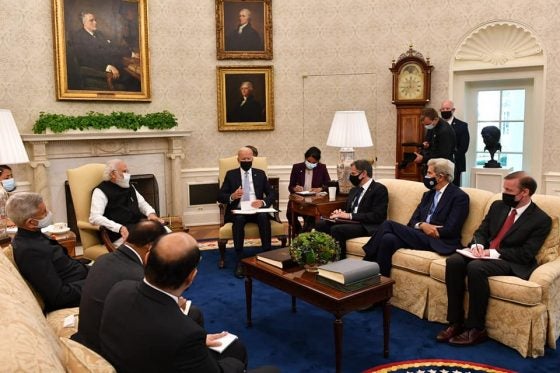
| Title: | End of the Forever War and US Strategy in South Asia |
| Author/s: | Monish Tourangbam |
| Abstract: | Following the withdrawal of the United States (US) from Afghanistan and the Taliban takeover of the war-torn country, many questions are being posed on the future of American power and its image as a security guarantor. Like in the past, many have relished singing swan songs of American primacy in global affairs. However, as the US attempts to reorient its South Asia policy in the midst of a growing US-China great power competition in the larger Indo-Pacific region, it is imperative to make a sober assessment of how the US’ approach to South Asia will pan out in the near future. More specifically, minus its large-scale involvement in Afghanistan, it will be important to analyse Washington’s approach to working with New Delhi and Islamabad.
Given the historical antecedents of American retreat from and return to South Asian geopolitics, what does the current withdrawal and the US strategic compulsions in the Indo-Pacific vis-à-vis China, portend for the stronger undercurrents as well as the more immediate features of US role in South Asia? Based on an understanding of the linkages between the withdrawal from Afghanistan and broader US foreign policy trends, the paper attempts to undertake an assessment of what could guide the shape of things to come, as far Washington’s engagement with New Delhi and Islamabad are concerned. |
| Date: | 22 October 2021 |
| DOI: | 10.48561/wjjg-zz19 |
| Read More |
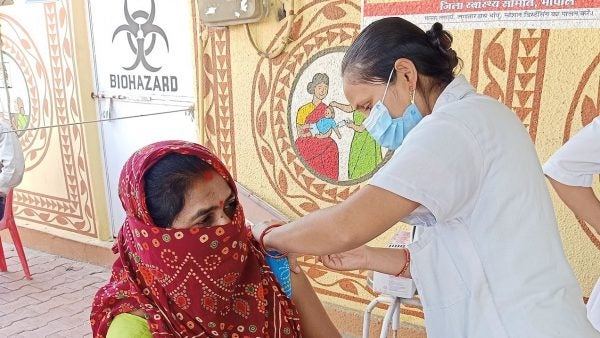
| Title: | India’s COVID-19 Vaccine Policy |
| Author/s: | Ramita Iyer, Diego Maiorano |
| Abstract: | India’s COVID-19 vaccine policy has undergone numerous changes since its inception. It began with an ambitious vaccine diplomacy exercise, followed by a halt in exports amid a surge in infections within the country. With the collapse of the healthcare system and a domestic shortage of vaccines amid a devastating second wave that hit India in April and May 2021, India had to rely on help from abroad. Over the past year, the government has also changed its policy on procurement and distribution multiple times. This has had an impact on the ability to effectively vaccinate its citizens. While the government seems to have started on an unprepared note, in October 2021, the trends look positive with a steady increase in vaccination rates and the introduction of new vaccine players in the market. However, despite the ramp up, it is well behind its target of vaccinating all adult citizens by the end of 2021.
Going forward, India’s vaccination programme faces some crucial obstacles – vaccine hesitancy, gender divide, urban-rural divide and digital divide. The success of the Indian government in meeting its targets will depend on the availability of doses as well as its ability to overcome the identified structural challenges. |
| Date: | 18 October 2021 |
| DOI: | 10.48561/ahc9-4kj0 |
| Read More |
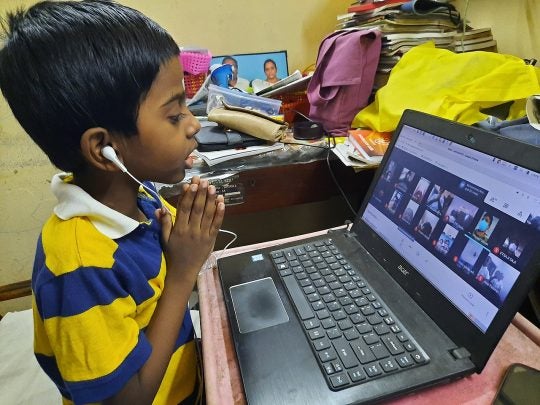
| Title: | Education during the COVID-19 Pandemic in India |
| Author/s: | Vani Swarupa Murali, Diego Maiorano |
| Abstract: | The Indian government has imposed one of the longest school closures globally as it suffered through multiple waves of the COVID-19 pandemic. These school closures have revealed the inequities between urban and rural populations, as well as between girls and boys, in adapting to online learning tools. This paper looks at the impact of the prolonged school closure on education as well as on nutrition, with the pandemic possibly increasing malnutrition levels. With schools slowly reopening, the long-term consequences of the pandemic on education and nutrition remains to be seen. |
| Date: | 6 October 2021 |
| Read More |
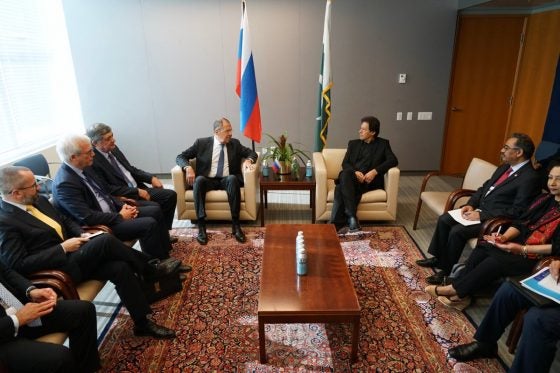
| Title: | Russia-Pakistan Economic Relations: Energy Partnership and the China Factor |
| Author/s: | Claudia Chia, Zheng Haiqi |
| Abstract: | On 15 July 2021, Russia and Pakistan signed the shareholders’ agreement and outlined the terms to construct a US$$2.5 billion (S$3.4 billion) natural gas pipeline in Pakistan. This project is a part of a Russian investment package worth of US$14 billion (S$18.7 billion) in Pakistan’s energy sector promised in 2019. Over the past decade, Russia and Pakistan have demonstrated strong political will and taken initiatives to enhance trade cooperation. Pakistan’s pursuit of economic redemption and energy supplies, plus the Russian aspiration to expand its economic footprints in Asia bring the two countries together. This paper discusses Russia’s growing economic interests in Pakistan in the context of its wider eastward shift to Asia and how Pakistan, with its crippling economy and strained ties with the West, stands to gain from this engagement. |
| Date: | 6 October 2021 |
| Read More |

| Title: | Student Mobility in the Asia-Pacific and South Asia: Trends and Impact of COVID-19 |
| Author/s: | Amitendu Palit, Divya Murali, Mekhla Jha |
| Abstract: | The COVID-19 pandemic has severely affected cross-border movement of people. Apart from international travel for leisure and business, the pandemic has greatly impacted the international mobility of students. These include students from South Asia travelling to other countries for higher studies. This paper studies the movement of students within the Asia-Pacific region to determine the cross-regional patterns of movements among sub-regions of the Asia-Pacific. Using empirical measures (student mobility ratio, student immigration preference index and student emigrating preference index) based on student movement data obtained from the United Nations, the paper identifies the prominent higher education service exporters and importers in the region. It also identifies the preferences of both inbound and outbound students on their choice of higher education destinations. The insights obtained from the empirical analysis identify South Asia as the Asia-Pacific’s most prominent higher education service importer. Large outbound students from India and Nepal contribute to the region’s imports. These students have also been responsible for enriching the Oceania region’s prospects as an education service hub and exporter. The paper argues that strong COVID-19 travel restrictions maintained by the Oceania region and lack of certainty over their removals might impact preferences of outbound students from South Asia as they look closely at the West for higher study options. |
| Date: | 7 September 2021 |
| Read More |
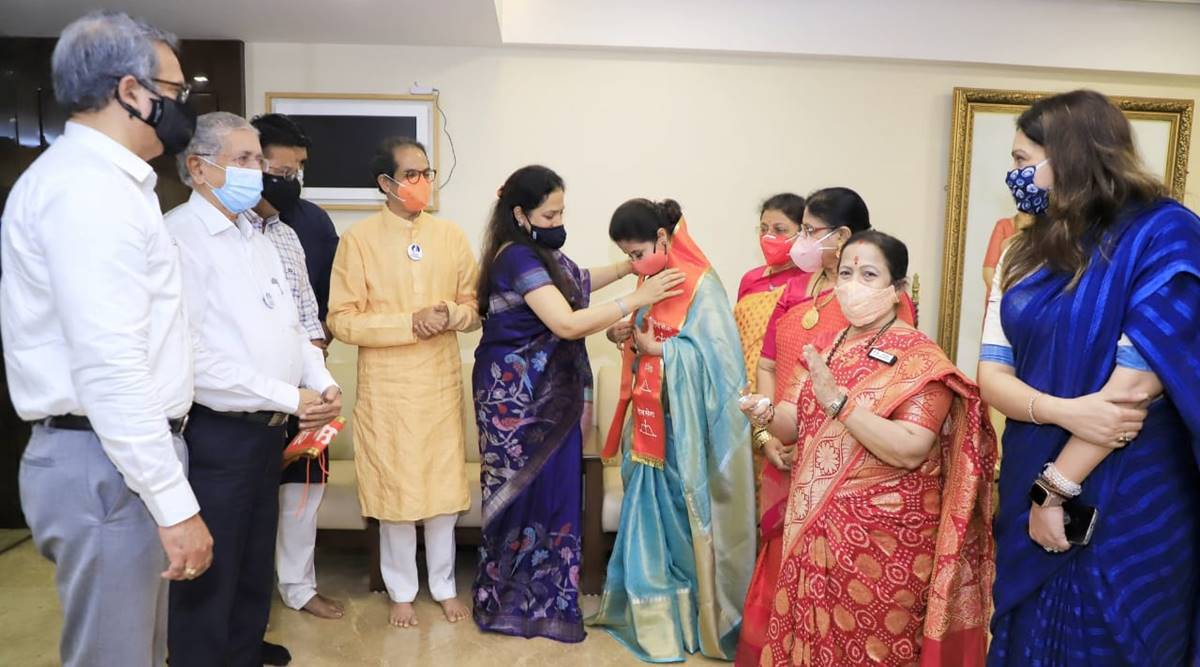
| Title: | Direct Action and Emancipation: The Politics of the Shiv Sena Women’s Wing |
| Author/s: | Stacy Fernandes, Amit Ranjan |
| Abstract: | Female positioning within politically right-wing male dominated spaces has always proved to be an area of both fascination and avoidance for feminist scholars. Feminist thinkers and participants in the male dominated political spaces often struggle to reconcile the patriarchal norms that most right-wing parties propagate with the visible forms of liberation and relative enfranchisement they see for themselves.1 To this end, the women’s wing of the Shiv Sena (SS), the Mahila Aghadi (MA), ‘Women Ahead in Marathi, but more colloquially translated to ‘Women First’, is no different. While prominent the SS members are predominantly male, there exists an effective women’s wing that has gained a modicum of renown. |
| Date: | 6 August 2021 |
| Read More |
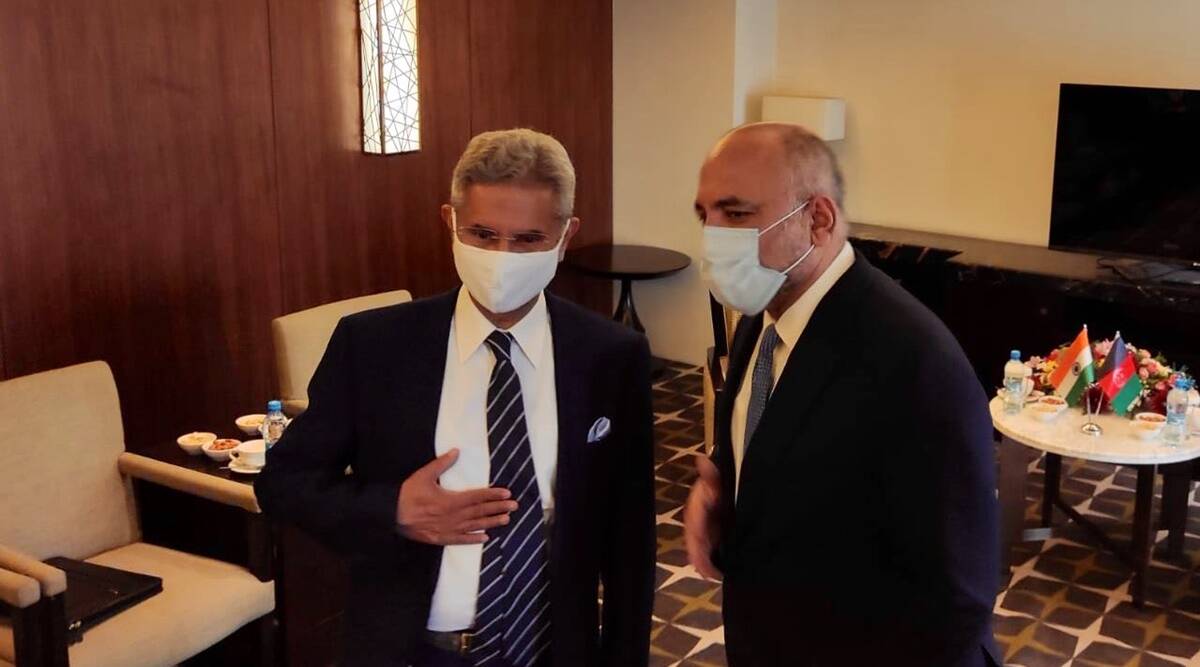
| Title: | India’s Evolving Afghan Policy amidst US withdrawal |
| Author/s: | Vinay Kaura |
| Abstract: | India’s primary objective in Afghanistan is to reduce Pakistan’s strategic influence so that Afghan soil is not used as a haven for anti-India terrorist groups. However, the end of American military presence is likely to put significant constraints on India’s ability to operate inside Afghanistan. The prospect of a Taliban-led government brings with it a new and dangerous reality for India: expansion of Pakistan’s strategic footprints in Afghanistan. But New Delhi’s policy toolbox for responding to the unfolding Afghan crisis remains limited because India’s Afghan policy has generally suffered from the tension between idealistic thinking and the constraints imposed by regional power politics.
This paper attempts to explain the prevailing situation in Afghanistan from the Indian perspective and the policy options India could exercise in the near future. It is argued that New Delhi has so much to gain from peace and stability in Afghanistan that it should grant the Afghans the necessary political support and resources to work out a political settlement. |
| Date: | 4 August 2021 |
| Read More |
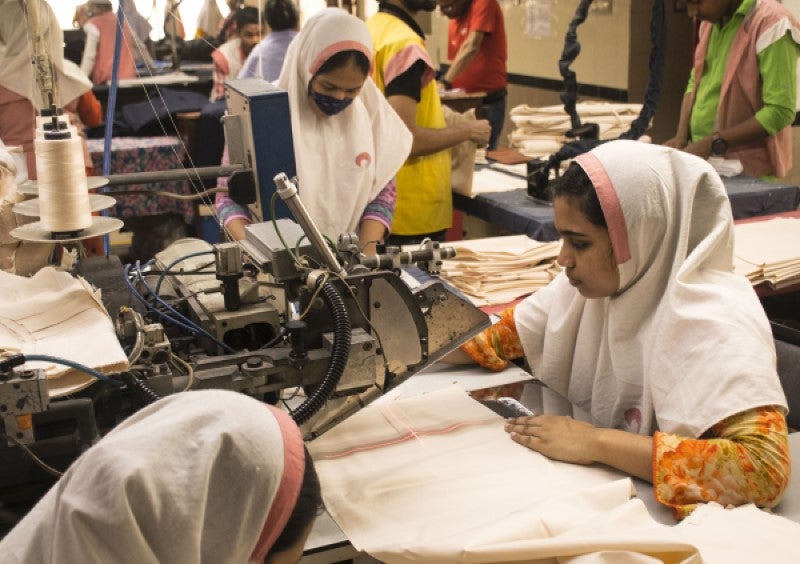
| Title: | Bangladesh’s Graduation: Challenges and Imperatives to Continued International Support Measures |
| Author/s: | Md Mustafizur Rahman |
| Abstract: | Bangladesh will graduate from the Least Developed Country (LDC) group in 2026, a watershed moment for a young country. However, this brings with it many benefits and challenges. While on the one hand, it will enhance the confidence of the country in dealing with the international financial bodies, improve its credit rating and attract higher foreign direct investment flow, on the other hand, graduation will affect certain preferential treatments in trade, subsidy to agriculture and infant industries and access to some LDC-specific funds. |
| Date: | 22 July 2021 |
| Read More |
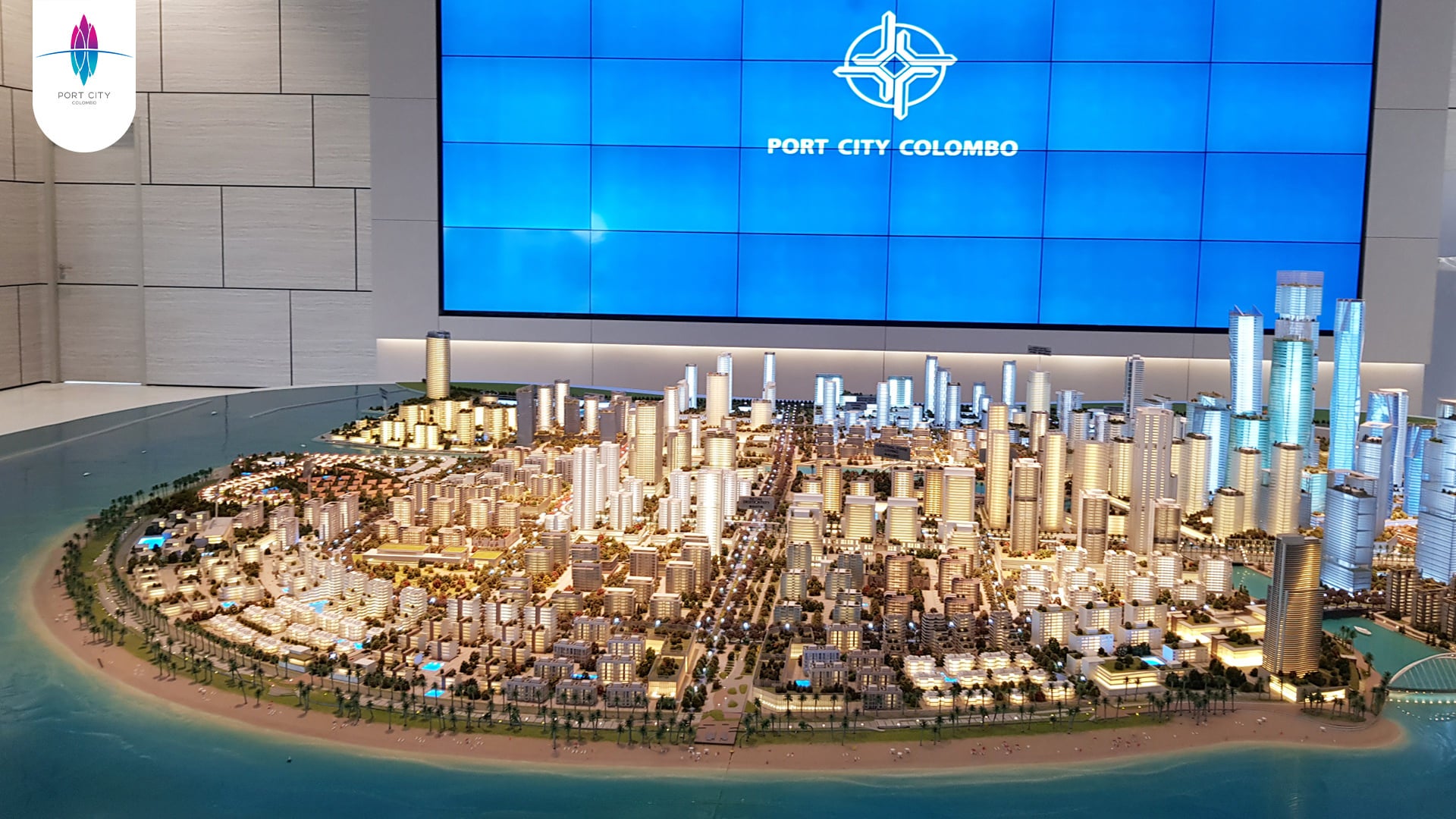
| Title: | Sri Lanka’s Port City Economic Commission Act: A Social-Legal Insight |
| Author/s: | R A Piyumani Panchali, Agana Gunawardana |
| Abstract: | The Port City in Colombo is a Special Economic Zone (SEZ) project launched in 2014 as a joint venture between the project company, CHEC Port City Colombo Pvt Ltd, and the Sri Lankan government. The law governing the Port City was passed with a simple majority on 20 May 2021 by the Sri Lankan parliament. This paper analyses the socio-legal implications arising out of the Act and aims to understand the impact of the Port City Act in fostering foreign direct investment in the SEZ. |
| Date: | 16 July 2021 |
| Read More |
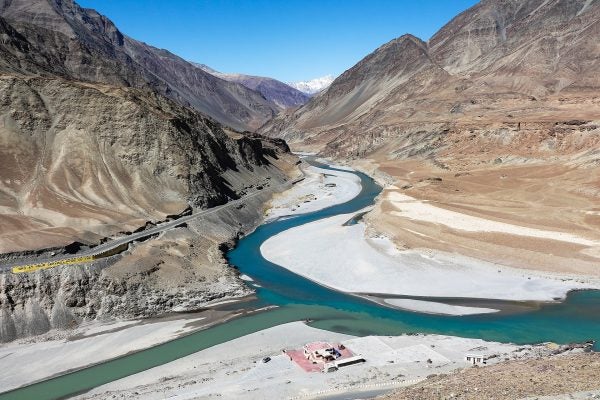
| Title: | The Indus Waters Treaty: Prospects for India-Pakistan Peace |
| Author/s: | John Joseph Vater |
| Abstract: | For the 116th time, the Indian and Pakistani Indus Waters Commissioners met to exchange views under the Indus Waters Treaty (IWT) on 23 and 24 March 2021 in New Delhi. The meeting, held after a hiatus of two-and-a-half years, was greeted as a step forward in normalising strained bilateral relations, and coincided with Pakistan Republic Day, when Indian Prime Minister Narendra Modi wrote to his Pakistani counterpart Imran Khan conveying India’s desire to see “cordial relations with the people of Pakistan.” Significantly, the meeting of the Permanent Indus Commission occurred only a week after Chief of Army Staff General Qamar Javed Bajwa announced at the Islamabad Security Dialogue that it was time for India and Pakistan to “bury the past and move forward”. He particularly emphasised water and climate change in view of the impending multi-dimensional challenges facing the region, which he stressed developing countries like Pakistan could not navigate alone.
This statement has elicited speculation about whether Pakistan is moving away from its long-time foreign policy of anti-Indianism towards a more pragmatic, geo-economical approach. This paper seeks to examine the contemporary relevance of the IWT within the broader framework of Pakistan’s prospective geo-economic shift, while also taking into consideration how “unsettled issues” like Kashmir and cross-border terror will become increasingly difficult for the countries to navigate. In overviewing India and Pakistan’s approaches towards water-sharing and internal water management, it also assesses the costs of their “go-it-alone” developmental nationalism, which is rapidly becoming the norm. To build confidence in this unexpected but timely re-engagement – and lay the foundations for bolder trade and peace-related measures in future – both countries should foster an enabling environment by jointly addressing water scarcity and its destabilising effects on the region. |
| Date: | 23 June 2021 |
| Read More |
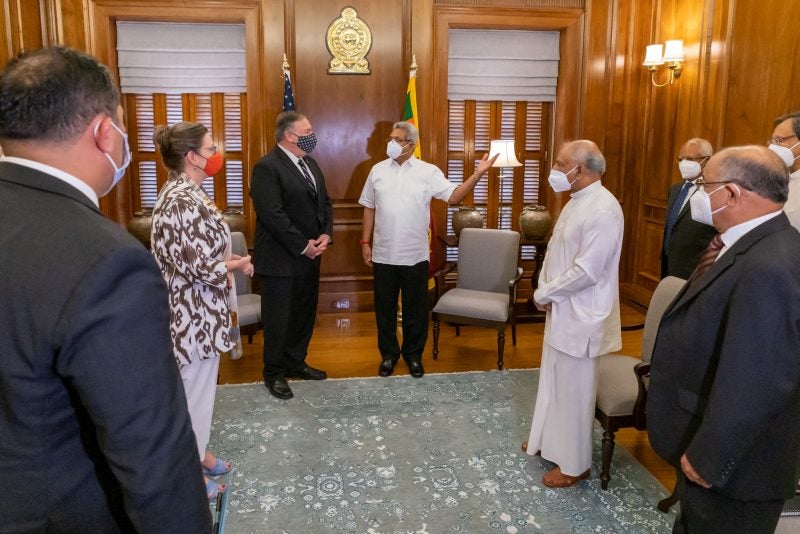
| Title: | Human Rights, Geopolitics and National Priorities: Managing Fluctuations in US-Sri Lanka Relations |
| Author/s: | Roshni Kapur, Chulanee Attanayake |
| Abstract: | Economic and political relations between Colombo and Washington have fluctuated throughout their history. The variations in their bilateral relations are parallel to the regime changes in Colombo. This paper explores the themes of trade and economic cooperation, human rights, and geopolitics and military engagement in their relations, and how they have evolved over the years under different leaders in both countries. It also explores the possible trajectory of their relations under the current Sri Lankan government led by Gotabaya Rajapaksa and the American government under the Joe Biden administration. |
| Date: | 2 June 2021 |
| DOI: | 10.48561/c0z6-39y9 |
| Read More |
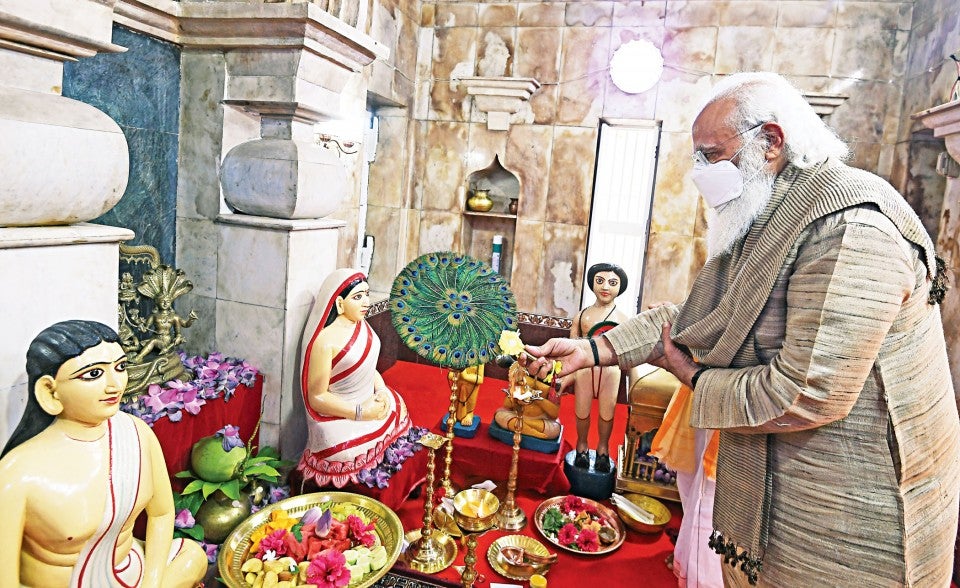
| Title: | Narendra Modi’s Visit to Bangladesh: Bilateral Agreements and Electoral Calculations |
| Author/s: | Amit Ranjan |
| Abstract: | On 26 March 2021, India’s Prime Minister Narendra Modi arrived in Dhaka for the commemoration of three events: Mujib Borsho (the birth centenary of the father of the Bangladesh nation, Sheikh Mujibur Rahman), 50 years of the India-Bangladesh diplomatic ties and 50 years of Bangladesh’s war of liberation.1 During his two-day trip, Modi visited several places of political significance. However, his visit to the temple of the founder of the Matua sect in Orakandi sparked a row between the Bharatiya Janata Party (BJP) and opposition political parties back home, as it was seen as a step to influence the votes of the Matua community in the high decibel assembly elections in the Indian state of West Bengal, where his party, the BJP has high stakes.
This paper looks at the key areas of agreement between India and Bangladesh during Modi’s visit. It then analyses Modi’s public statement about being imprisoned during ‘Recognise Bangladesh Satyagraha (Struggle for Truth) in 1971 and examines the electoral prospects of the Orakandi visit. Finally, it discusses the immediate reason for the protests during his visit to Bangladesh. |
| Date: | 29 April 2021 |
| DOI: | 10.48561/qbz0-stdr |
| Read More |
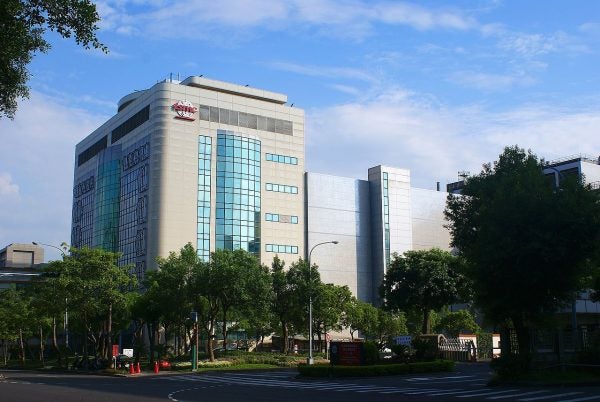
| Title: | Siliconpolitik: The Case for a Quad Semiconductor Partnership |
| Author/s: | Pranay Kotasthane |
| Abstract: | The Quad should make semiconductors a focus area within its expansive technology cooperation agenda. Since each Quad member enjoys a comparative advantage in a specific sub-domain of the semiconductor supply chain, this grouping is well-placed to collaborate. This paper outlines some of the guiding principles and makes specific recommendations to kick start a Quad semiconductor partnership. |
| Date: | 26 April 2021 |
| DOI: | 10.48561/kfnp-vbs5 |
| Read More |
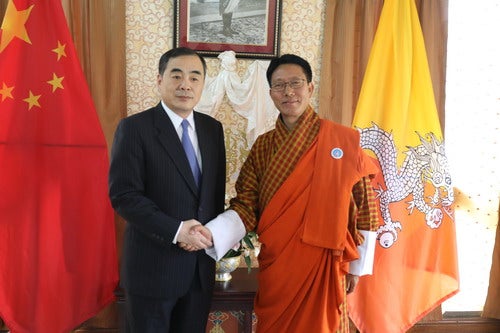
| Title: | China’s Territorial Claims and Infringement in Bhutan: Concerns for India |
| Author/s: | Wini Fred Gurung, Amit Ranjan |
| Abstract: | China’s growing territorial claims in the South Asian Himalayan states have increased Sino-Indian tensions. Now, it is setting its eyes on Bhutanese territories, which it considers un-demarcated and where differences still exist between Beijing and Thimphu. These claims by China have grave security concerns for India. This paper examines China’s behavioural pattern in the Himalayan region, with a particular focus on Bhutan, and its implications on India’s security. |
| Date: | 1 April 2021 |
| DOI: | 10.48561/n1tw-n85 |
| Read More |
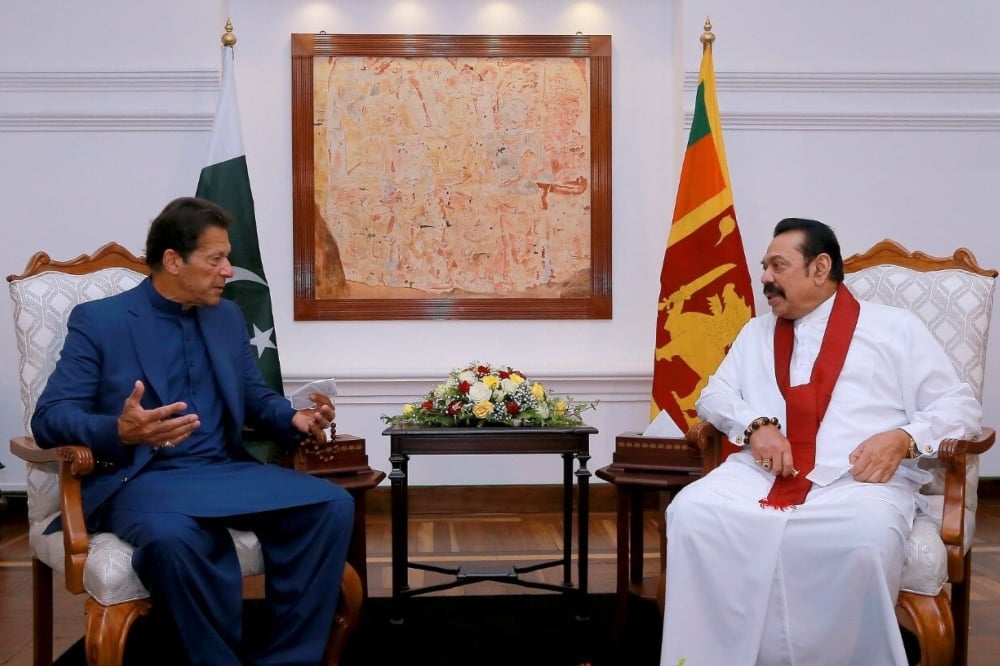
| Title: | Prime Minister Imran Khan’s Visit to Sri Lanka: Current Ties and Future Partnership |
| Author/s: | Chulanee Attanayake |
| Abstract: | Pakistan’s Prime Minister Imran Khan travelled to Sri Lanka for a two-day visit on 23 February 2021. The visit was his maiden visit to the island nation after becoming prime minister in 2018. He was also the first head of state to visit Sri Lanka since President Gotabaya Rajapaksa assumed power in November 2019. Though there were some controversies prior to his arrival, he was welcomed with much fanfare in Colombo. Against this backdrop, this paper examines current bilateral relations and explores future partnership between the two countries. |
| Date: | 1 April 2021 |
| DOI: | 10.48561/zwkk-xmwr |
| Read More |
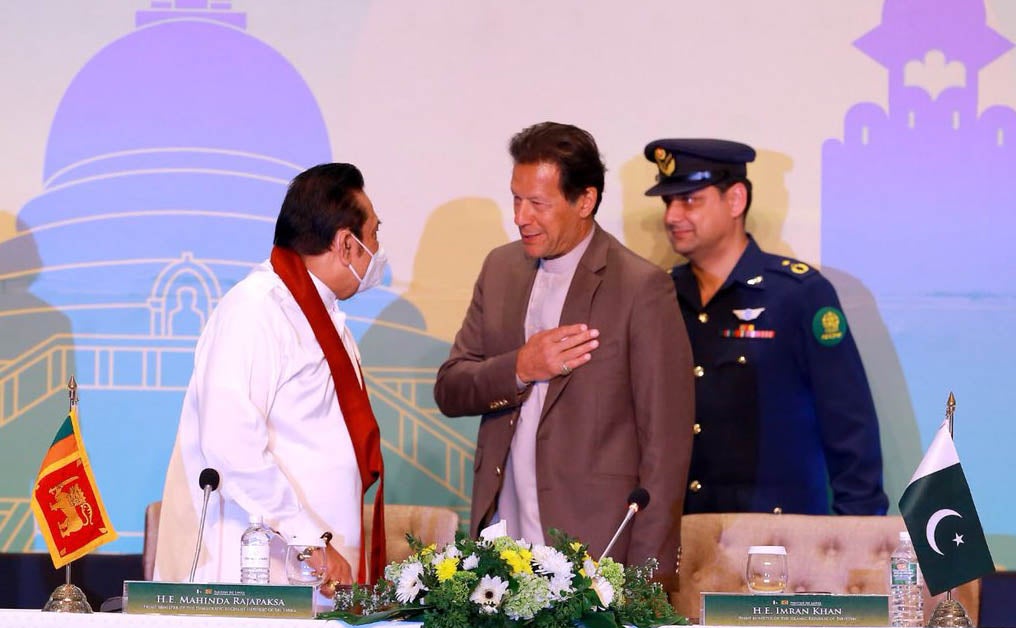
| Title: | Pakistan in Sri Lanka’s Changing Foreign Policy |
| Author/s: | Asanga Abeyagoonasekera |
| Abstract: | On 23 February 2021, Pakistan’s Prime Minister Imran Khan visited Sri Lanka with Foreign Minister Shah Mahmood Qureshi, Commerce Adviser Abdul Razzak Dawood, Special Assistant Syed Zulfikar Abbas Bukhari and 40 leading Pakistani businessmen. However, the visit was overshadowed by Colombo’s challenges at the United Nations (UN) Human Rights Council (UNHRC) where the UN High Commissioner for Human Rights Michelle Bachelet submitted a resolution.1 The Sri Lankan government rejected the UNHRC resolution and has sought assistance from China, Russia, Pakistan and other member states to defeat it. China has given its unconditional support to Sri Lanka. Regardless of the ultimate fate of the UNHRC resolution, what is certain is that the China-Sri Lanka axis will be further strengthened, and Pakistan’s support will add extra weight to it. Khan’s remarks reflecting his desire to connect the Belt and Road Initiative (BRI) infrastructure to the Hambantota port in Sri Lanka suggests Pakistan’s long-term ambition of generating more revenue from the China-Pakistan Economic Corridor (CPEC) than is currently being collected for the debt-ridden state. This ‘infrastructural axis’ between Pakistan, Sri Lanka and China will become fully operational when projects such as the CPEC are completed.
India, meanwhile, faces a ‘triangular’ security challenge after being surrounded by Chinese BRI infrastructure on three sides – with the CPEC in Pakistan, the China-Myanmar Economic Corridor in Myanmar and Hambantota in Sri Lanka. The recent Chinese power project in Sri Lanka, and the consequent objections it elicited from India due to its proximity to the mainland, offer clear signs of India’s mounting concerns about China. Tensions are likely to grow, as there is no clear regional security architecture to mitigate mistrust and uncertainty. Pakistan’s growing ties with China and India’s strong relations with the United States (US) has triggered regional geopolitical competition by which the BRI and the Indo Pacific of the US are being executed simultaneously. Sri Lanka rhetorically and politically supports both strategies. However, its allegedly ‘balanced’ foreign policy is experiencing a China tilt, as seen in its preference to bandwagon with China, as witnessed by recent decisions taken by the Gotabaya Rajapaksa government on the US Millennium Challenge Compact grant, Japan’s Light Rail Transit and India’s East Container Terminal. China’s growing sphere of influence, bolstered through the help of Pakistan and Sri Lanka, will further heighten India’s security concerns. Sri Lanka should recalibrate its foreign policy to ‘balance’ and benefit from both India and China while still strengthening its regional relationship with other nations such as Pakistan. |
| Date: | 1 April 2021 |
| DOI: | 10.48561/frkr-wz3q |
| Read More |
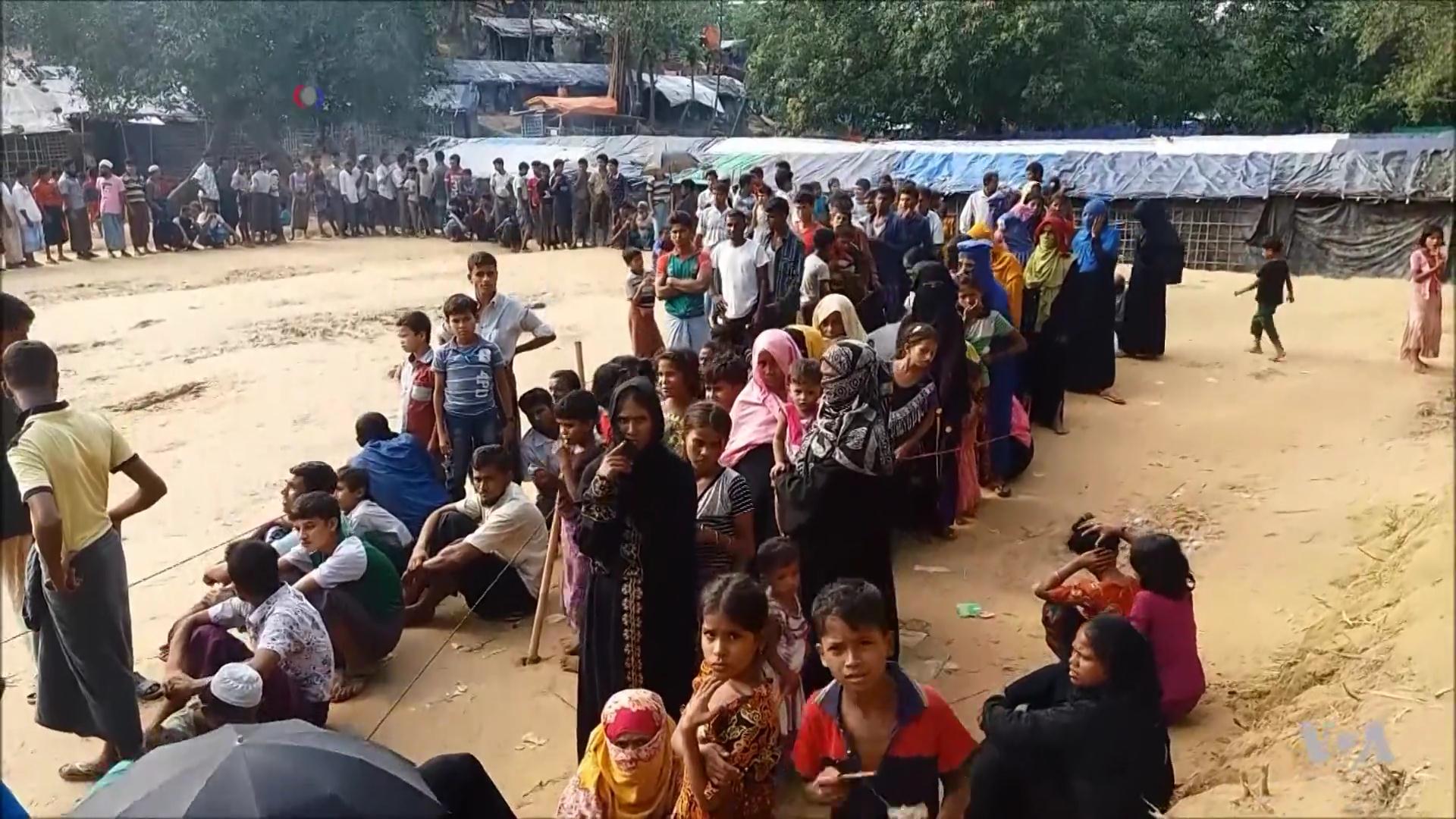
| Title: | 2020 Myanmar Elections: No Signs of Change for the Rohingyas |
| Author/s: | Roshni Kapur, Amit Ranjan |
| Abstract: | Aung San Suu Kyi’s National League for Democracy won a landslide victory at the national elections held on 8 November 2020 in Myanmar. One of the key challenges facing her government is the plight of the Rohingyas. Unfortunately, it is unlikely that there will be any change in her government’s policies towards the Rohingyas. |
| Date: | 5 January 2021 |
| DOI: | 10.48561/fyah-kqre |
| Read More |
Load more


